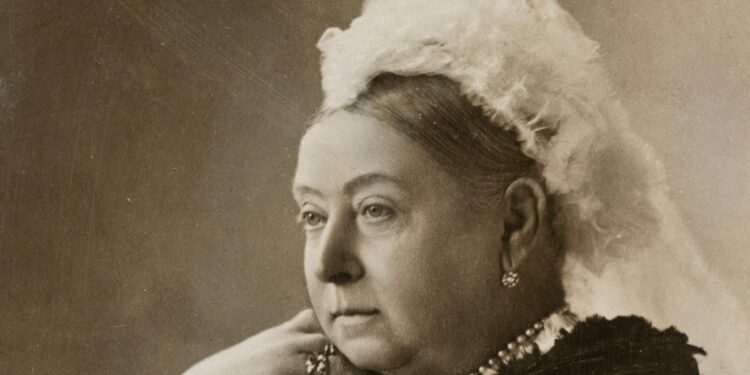Queen Victoria, Britain’s second-longest-reigning monarch, defined an entire era of British history and left an indelible mark on the modern world. Born in 1819, she ascended to the throne in 1837 at the age of eighteen, following the death of her uncle, King William IV. Her reign, lasting until her death in 1901, became synonymous with Britain’s great age of industrial, cultural, and territorial expansion.
Victoria’s marriage to her first cousin, Prince Albert of Saxe-Coburg and Gotha, was a love match that profoundly influenced both her personal life and her reign. Together, they had nine children, whose marriages into other European royal houses earned Victoria the nickname “Grandmother of Europe.” Their unions created a complex web of relationships among European royalty that would later play a significant role in World War I.
Under Victoria’s reign, Britain experienced unprecedented industrial growth and economic prosperity. The Victorian era saw remarkable technological advances, including the expansion of railways, the telegraph, and new manufacturing processes. This period also witnessed significant social reforms, including improvements in working conditions, public health, and education, though Victoria herself was often conservative in her political views.
The death of Prince Albert in 1861 plunged Victoria into deep mourning, leading to her near-complete withdrawal from public life for many years. This seclusion earned her the nickname “Widow of Windsor” and led to some criticism. However, she gradually returned to public duties, largely due to the influence of her Scottish servant John Brown, whose close relationship with the Queen sparked much speculation and gossip.
Victoria’s reign also saw the British Empire reach its zenith, encompassing approximately one-quarter of the world’s population and territory. In 1876, she adopted the title “Empress of India,” reflecting Britain’s imperial power. Despite never visiting India herself, she took a keen interest in the country and developed a close friendship with her Indian servant Abdul Karim, who taught her Hindustani.
When Victoria died in 1901, she left behind a transformed nation and a lasting legacy. Her emphasis on strict morality and family values characterized the era that bears her name. The constitutional monarchy she helped shape, her role in modernizing the royal family, and her influence on everything from wedding traditions (she popularized the white wedding dress) to Christmas celebrations (the Christmas tree) continue to resonate today. Her reign marked the transition of Britain from a rural, agricultural society to an industrial, urban, and ultimately modern nation.
newshub



Recent Comments